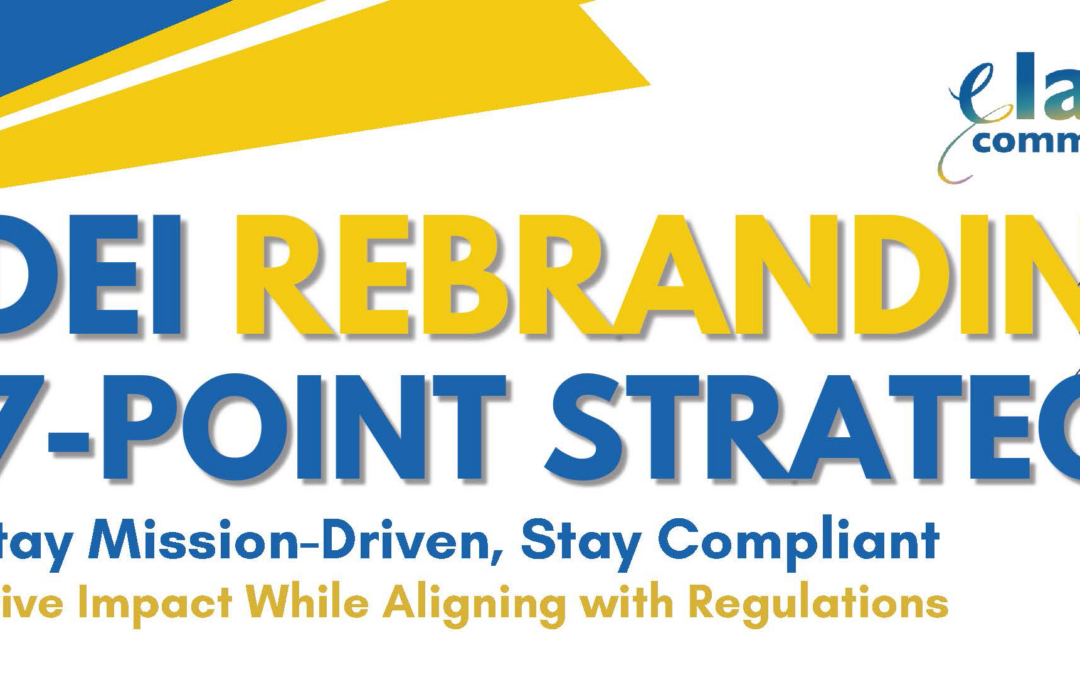Effective communication is the cornerstone of successful volunteer management. By understanding your volunteers, setting clear expectations, maintaining regular and transparent communication, actively listening, and recognizing contributions, you create a supportive environment that encourages volunteer retention and satisfaction.
The first step in effective communication is understanding your audience. Volunteers come from diverse backgrounds, with varying levels of experience and expectations. Some may be seasoned professionals, while others are new to volunteering. Tailor your communication style to meet the needs of different volunteer groups.
Action tip: Understand your audience
- Conduct surveys or informal chats to understand volunteer preferences.
- Segment your volunteer base for targeted communication.
- Be inclusive and mindful of cultural differences.
From the outset, volunteers need to understand their roles and responsibilities. Clear communication about what is expected helps to avoid confusion and ensures everyone is on the same page. This includes outlining the time commitment, specific tasks, and organizational policies.
Action tip: Set clear expectations
- Provide a detailed volunteer handbook or orientation guide.
- Use clear, simple language to explain duties and responsibilities.
- Regularly update volunteers on changes to their roles.
Consistent communication is key to keeping volunteers engaged and informed. Regular updates about the organization’s goals, progress, and challenges help volunteers feel connected and part of the team. Transparency builds trust and fosters a sense of ownership among volunteers.
Action tip: Conduct regular and transparent communication
- Send regular newsletters or email updates.
- Hold periodic meetings or virtual check-ins.
- Share successes and challenges openly.
Acknowledging the hard work and dedication of volunteers is crucial to maintaining morale and motivation. Recognition doesn’t have to be grand; sometimes, a simple thank you goes a long way. Highlighting individual contributions can also inspire others and build a sense of community.
Action tip: Recognize and appreciate contributions
- Send personalized thank you notes or emails.
- Publicly recognize volunteers in newsletters or at events.
- Celebrate volunteer milestones, such as years of service.
Conflicts may arise within any group, and how they are handled can significantly impact the volunteer experience. Addressing issues promptly and fairly through open communication helps to resolve conflicts before they escalate.
Action tip: Address conflict constructively
- Approach conflicts with a solution-focused mindset.
- Encourage open dialogue to understand all perspectives.
- Set up mediation processes if necessary.
The communication needs of a new volunteer differ from those of a long-term volunteer. Recognize that volunteers may need different information, support, and engagement strategies, depending on their stage in the volunteer life cycle.
Remember, a well-informed volunteer is an empowered volunteer, and empowered volunteers are more likely to contribute meaningfully to your organization’s mission. Implementing these strategies will not only enhance your volunteer management efforts but will also build a strong, cohesive team dedicated to making a difference.









